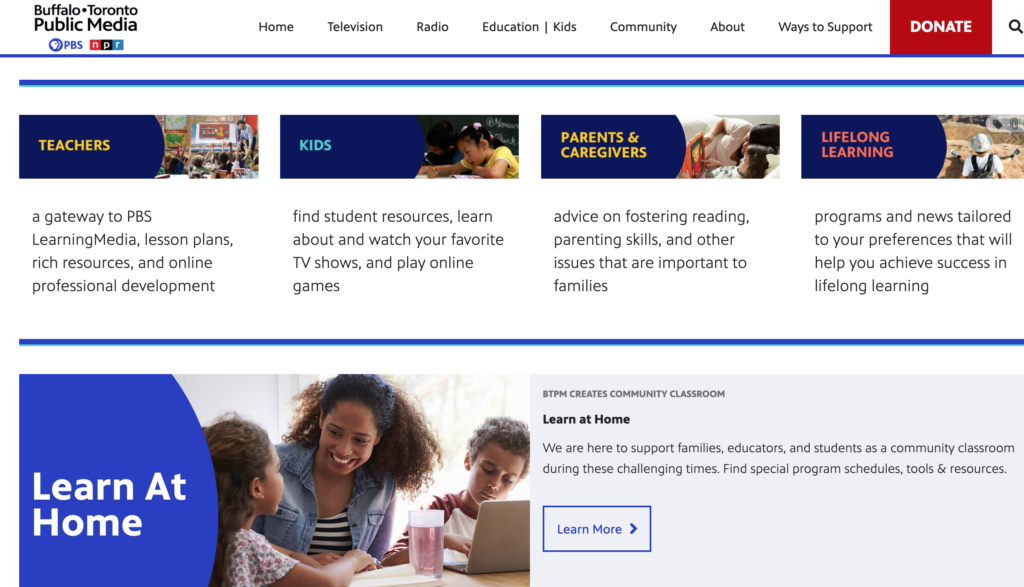Let me start with this. You and I are partly responsible for this situation. We spend our time searching and on other social media services and do so without sending money to the companies providing these services. We do have alternatives, but continue using the services we use because they are better than the alternatives and we have access to the best for free. There are clearly practices I find reprehensible we must endure to receive these services, but my point is we have enabled this treatment and exposure is under our control.
Recently, I distributed access to and provided comments on the House Majority report summarizing Competition in Digital Markets outlining disturbing practices by Apple, Amazon, Facebook, and Google. Analysis of this report predicted that Google would be the first to face Antitrust examination. I suggested that I thought Facebook was a greater threat. It turned out those focused on Google were correct. Today, the Justice Department filed an antitrust suit against Google.
The target of this suit is again not in the area I find most offensive (the difficulty differentiating search results and ads) which is a form of self-dealing. The suit claims Google engages in anticompetitive practices in search and search advertizing and points to Google search being the default option on Safari. I own and spend my tech time on mostly Apple products – desktop, laptop, tablet, phone, watch – and I can say I use Safari on none of these devices. This seems such a minor area to make your initial focus.
My Google-related concerns – 1) as mentioned the mix of search results and ads, and 2) the abandoning of search results based primarily on quality (page rank) to add personal preferences resulting in confirmation bias.
Is this relevant for educators? I don’t think at this point, but severe consequences could eventually impact the free productivity apps that are so heavily used in schools. Ads are not part of Google classroom, docs, etc., but the funds necessary to provide these services must come from somewhere.
Concrete suggestions? Make the effort to diversify your search behavior. It is easy to do and you can always make specific searches in Google search if you think you are missing something. I use the Brave browser, but all browsers let you set options.




You must be logged in to post a comment.